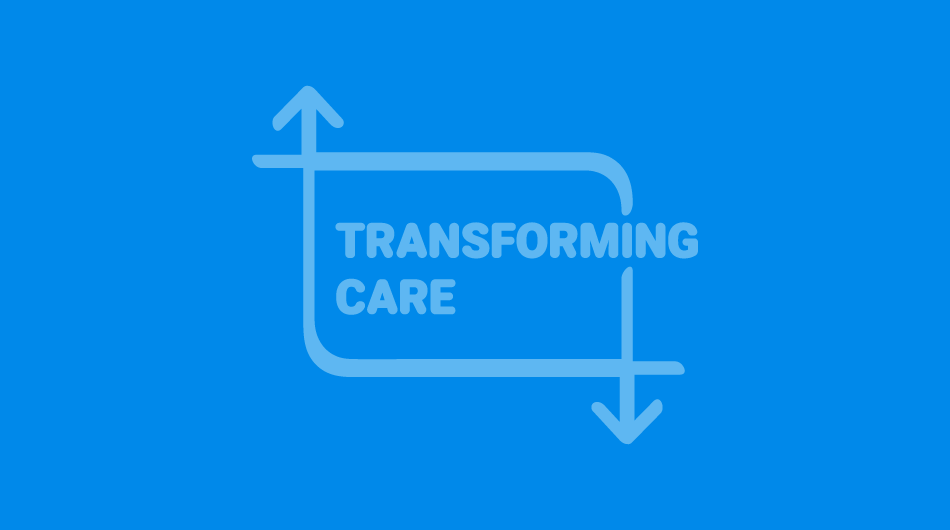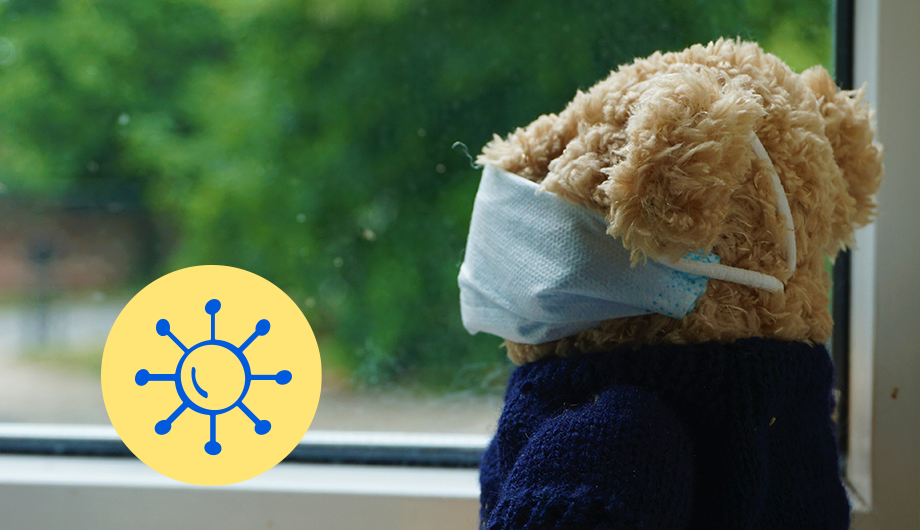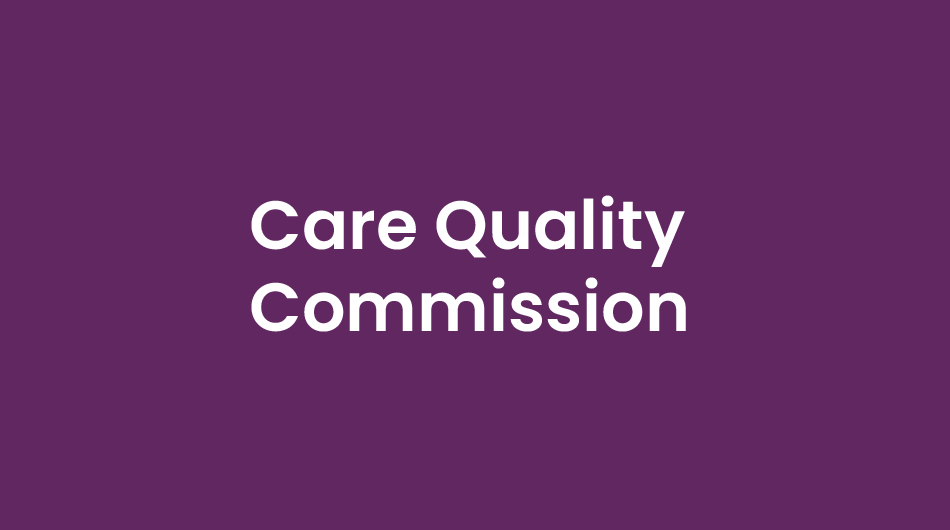
Worried?
If you are worried that someone you know with a learning disability and/ or autism is at risk of admission to an inpatient unit, or is currently in an inpatient unit and you are concerned about their care, please see this webpage

Children and adults with a learning disability and/or autism remain in inpatient units during lockdown.
After the BBC Panorama programme exposed abuse at Winterbourne View Hospital 9 years ago the government publicly committed to ‘Transform Care’. At the time the Health Secretary Patricia Hewitt said:
The abuse that’s been uncovered of people with learning disabilities is an absolute disgrace. It is completely unacceptable… now we’ve got to learn lessons from that and make sure this does not happen again to other vulnerable people. Out of Sight Report (CBF and Mencap 2012).
Despite this a second abuse scandal was exposed by Panorama at Whorlton Hall a year ago and data published this week shows care is not transformed. The Government failed to meet even the lower end of its own Transforming Care programme target (by almost 300 people) for the second year running at the end of March 2020.(1) This revised target followed the failure to meet their own target to close 35-50% of in-patient beds by March 2019.
Last month NHS Digital data showed far too many children, young people and adults with LD and / autism (2,045) are still in inpatient units at an increased risk of abuse and seclusion. These risks have been increased during the current covid-19 pandemic. There have been reports of increased use of seclusion and over-medication, as well as some inpatient units reducing family contact – and the regulator (the Care Quality Commission) has stopped unannounced inspection visits. These measures increase the likelihood of “closed services” which are known to be high risk environments where abusive cultures develop.
Despite lockdown, there continues to be a steady stream of admissions with 70 admissions in April. Delayed discharges also continue with at least 130 people still stuck in hospital when they are ready for discharge in April, with the main reasons being a lack of social care and housing provision in the community.
Powers in the Coronavirus Act risk leaving vulnerable people unable to access the social care they need. This means that people with a learning disability and/or autism are at increased risk of admission while those who are currently locked away will remain stuck in inpatient units or be discharged to unsuitable temporary placements which will leave them at risk of readmission.
The pandemic has affected everyone, but for families whose relatives with learning disabilities and/or autism are in inpatient units their already significant concerns have further increased. We know that there are multiple reports of restrictive practices (restraint, seclusion and inappropriate use of medication) – although this is likely to be just the “tip of the iceberg” as only data for 3 out of 14 private/independent providers and 29 out of 56 NHS providers has been collected. Added to this now we know that Covid 19 has been spreading, amidst concerns about the lack of PPE equipment, and families are fearful for the safety, health and wellbeing of their relatives. For over 9 years we have heard politicians declare their commitment to transform care – we are still waiting for that to happen, despite more scandals and dozens of reports. This data, these numbers, represent people whose lives could and should be transformed.
See the infographic for this month’s data
If you are worried that someone you know with a learning disability and/ or autism is at risk of admission to an inpatient unit, or is currently in an inpatient unit and you are concerned about their care, please see our webpage for information and where to go for support.
We are producing some information resources for families specific to Covid 19. This page is being regularly updated so please keep checking back for new resources.
The CBF support line also remains open and is available either via telephone at 0300 666 0126 or email at support@thecbf.org.uk.

If you are worried that someone you know with a learning disability and/ or autism is at risk of admission to an inpatient unit, or is currently in an inpatient unit and you are concerned about their care, please see this webpage

We are producing some information resources for families specific to Covid 19. This page is being regularly updated so please keep checking back for new resources.

The CQC published the second phase of the independent review into regulation of Whorlton Hall, undertaken by clinical psychologist, Professor Glynis Murphy.
If you support someone with a severe learning disability whose behaviour challenges you can contact the CBF Family Support service on 0300 666 0126 or email us at support@thecbf.org.uk